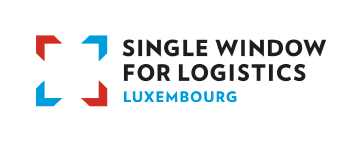Definition
Food supplements are substances whose purpose is to supplement a normal diet, and that are a concentrated source of nutrients and other substances having a nutritional or physiological effect alone or combined.
They are sold in the form of doses to be taken in pre-measured units of small quantity such as:
- capsules, drops, tablets, pills and other similar forms
- bags of powder, vials of liquid, drop dispensing bottles and other similar forms of liquid or powder preparations.
For example: vitamins (A, C, D, B1, etc.), minerals (calcium, iron, magnesium, etc.), plants (ginseng)
Obligations and controls
According to European Union regulations, food supplements must not be hazardous to health, in particular must not exceed a maximum threshold for vitamin and mineral salt substances, and meet labeling requirements.
Their placing on the Luxembourg market requires notification to the Food Safety Unit of the National Health Directorate. Food supplements are marketed as food products and not as drugs. The list of vitamins and minerals that they may contain is regulated at the European level.
On the other hand, plants and other substances are evaluated by the competent authorities in each Member State.
At export, exported food supplements must comply with the regulatory requirements of the destination country (labeling, composition, etc.).
Related documents
Exportation of food supplements may require beforehand a free sale certificate or a health certificate at the time of export depending on the requirements of the destination country.
Related procedures
Luxembourg companies that manufacture or market food supplements must be registered with the Food Safety Unit and must declare their products.
The following procedure described on the Guichet.lu website is used to request a certificate from the Food Safety Unit:
Related organizations
The Food Safety Unit conducts controls and issues certificates for food supplements.


